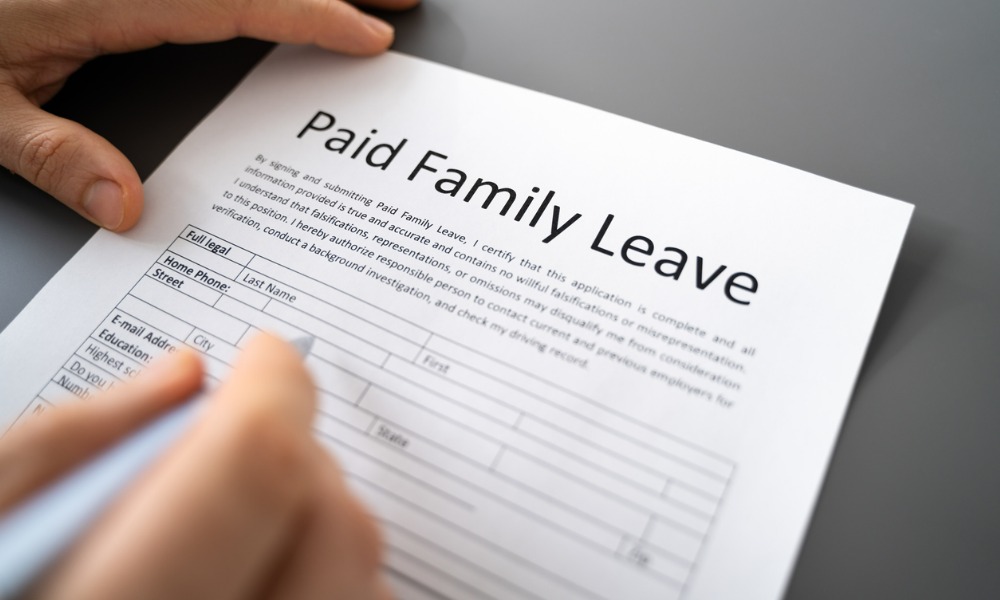
New rules would outpace the Fair Work Commission’s recent 10-day grant

New legislation that would provide employees up to 15 days of paid family and domestic violence (FDV) leave per year has been introduced to South Australia's parliament.
The proposed legislation will amend the Fair Work Act 1994 to ensure that all workers in the State industrial relations system, including public sector and local government employees, have immediate access to paid leave in cases of FDV.
According to the government's news release, the leave covers reasons such as attending medical appointments, legal proceedings, counselling, relocation, making safety arrangements, and other activities related to family and domestic violence.
"Paid family and domestic violence leave has been an issue identified by the government as a priority in several policy areas," said Attorney-General Kyam Maher. "Providing paid family and domestic violence leave will play a role in addressing FDV, which has seen a significant increase during the COVID-19 pandemic."
Katrine Hildyard, minister for women and the prevention of domestic and family violence, said the legislation will also assist victim-survivors when it comes to financial security and independence.
"People experiencing domestic violence should never need to make the choice between their financial security and independence, and their safety," Hildyard said, adding that the legislation “will protect victim-survivors, and to provide a greater level of reassurance that they are being supported and respected."
Hildyard said the proposed amendment fulfills an election promise made by the Peter Malinauskas-led South Australian Labor Party in an "incredibly important policy area."
In Australia, the Fair Work Commission recently granted about 2.66 million employees 10 days of paid Family and Domestic Violence leave.
Fay Calderone, Partner at Hall & Wilcox lawyers, previously said in a contributed article to HRD that employers may be "proactive in their approach" by updating their leave policies to help victims of family and domestic violence.
"Employers aiming for best practice may also consider strategies beyond minimum legislative requirements including providing further leave if required, access to specialised confidential support services, awareness training for employees and leaders and access to rental bond payments where safe alternate accommodation is sought," Calderon said.